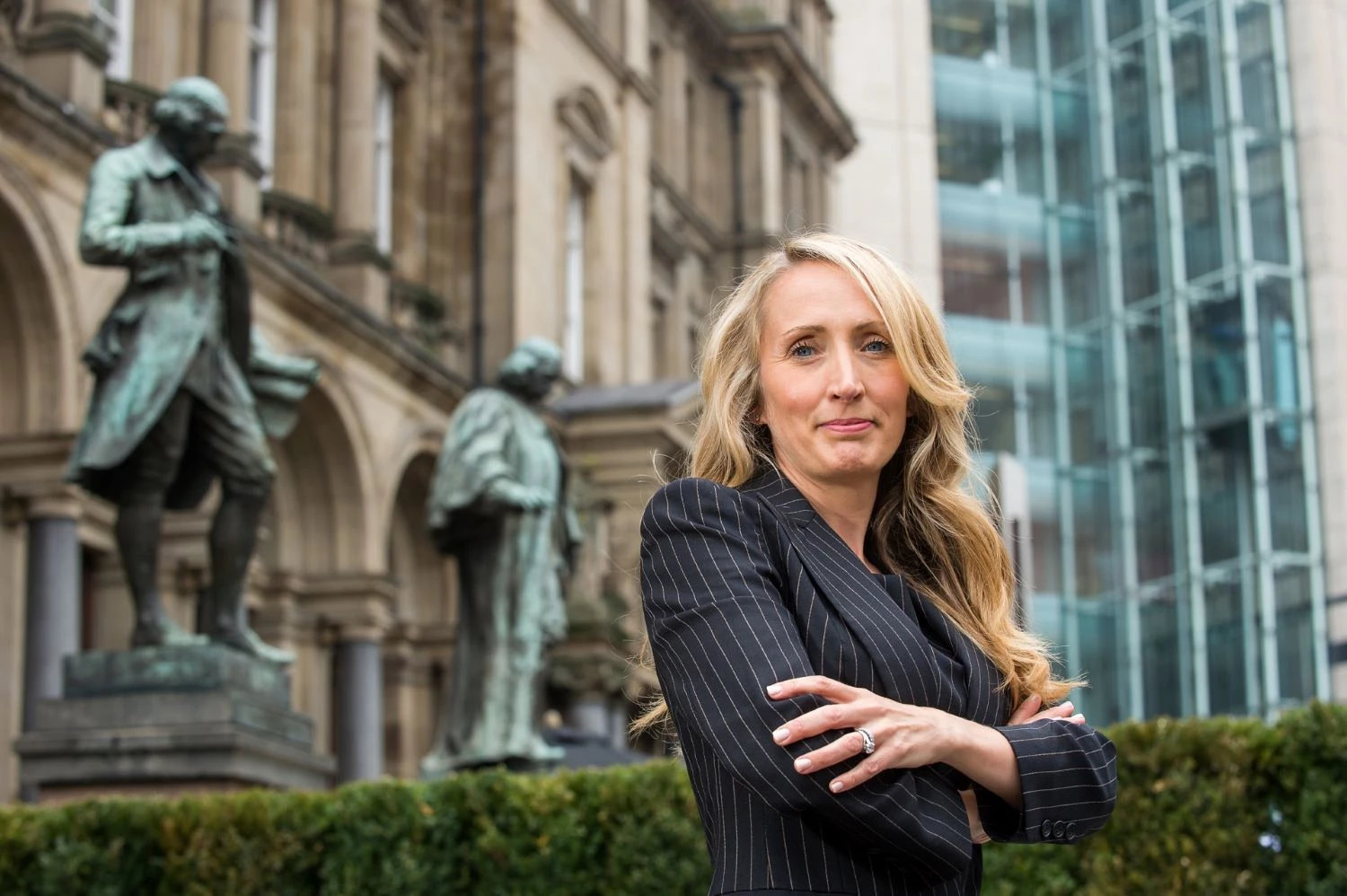
Partner Article
R3 responds to the November 2022 insolvency statistics
• Corporate insolvencies increased by 4.2% in November 2022 to a total of 2,029 compared to October’s total of 1,948, and increased by 21.1% compared to November 2021’s figure of 1,676, and by 34.8% compared to November 2019’s total of 1,505.
• Personal insolvencies decreased by 0.6% to 10,465 in November 2022 compared to 10,528 in October, and were 11.4% higher than November 2021’s figure of 9,390, and 8.9% from November 2019’s total of 9,606.
Eleanor Temple, chair of the insolvency and restructuring trade body R3 in Yorkshire and a barrister at Kings Chambers in Leeds, comments on the publication of the November 2022 corporate and individual insolvency statistics for England and Wales:
“The rise in corporate insolvency numbers has been mainly driven by an increase in Compulsory Liquidations, while Creditor Voluntary Liquidations (CVLS) and Administration numbers have also increased. Increases in CVLs and Compulsory Liquidations are the key drivers of the increase from this time last year and from three years ago.
“What we’re seeing here is a perfect storm of creditors pursuing unpaid debts and directors choosing to close down their businesses – either before this choice is taken away from them or because they have simply run out of road.
“An increasing number of businesses are buckling under the strain of more than two and half years of economic turmoil. Companies have been battered by the pandemic, rising costs, reduced spending and increasing inflation, and a growing number are now turning to an insolvency process to resolve their financial distress.
“For many businesses, the Christmas and post-Christmas period is a critical part of their year and the time when a large percentage their revenue is generated. However, given how stretched people’s finances are this year, it remains to be seen whether this will be a happy Christmas or a final one for these firms.
“Turning to personal insolvencies, the monthly reduction has been driven by a drop in Individual Voluntary Arrangement numbers. However, numbers for this process are higher than last year and in 2019, as are Debt Relief Order numbers.
“This suggests that while more people entering an insolvency process than last year and three years ago, they’re able to enter ones which allow them to work with their creditors to resolve their debts, rather than a bankruptcy.
“There’s no doubt that rising costs and economic turbulence are taking their toll on personal finances. People are having to pay more to put food on the table, heat their homes and fuel their cars, and have little room to spend on anything other than the basics.
“An increasing number are worried about money, with the cost of living and the price of energy their biggest concerns, and more people are turning to credit to pay for their day-to-day expenses.
“Using credit as a solution can become a problem if people find themselves unable to pay their debts back or have to keep borrowing, and the amount they owe becomes unmanageable.
“Our message to anyone worried about money or worried about their business is: seek advice as early as possible. While it’s incredibly hard to voice your fears about your finances or about a business which you own or run, having that conversation with a qualified advisor when your worries are new will lead to better outcomes than if you’d waited until your problems became more severe.
“Most R3 members will give prospective clients a free consultation so they can understand more about their situation and outline the potential options for resolving it.”
This was posted in Bdaily's Members' News section by Ruth Robinson .
Enjoy the read? Get Bdaily delivered.
Sign up to receive our popular Yorkshire & The Humber morning email for free.








 Raising the bar to boost North East growth
Raising the bar to boost North East growth
 Navigating the messy middle of business growth
Navigating the messy middle of business growth
 We must make it easier to hire young people
We must make it easier to hire young people
 Why community-based care is key to NHS' future
Why community-based care is key to NHS' future
 Culture, confidence and creativity in the North East
Culture, confidence and creativity in the North East
 Putting in the groundwork to boost skills
Putting in the groundwork to boost skills
 £100,000 milestone drives forward STEM work
£100,000 milestone drives forward STEM work
 Restoring confidence for the economic road ahead
Restoring confidence for the economic road ahead
 Ready to scale? Buy-and-build offers opportunity
Ready to scale? Buy-and-build offers opportunity
 When will our regional economy grow?
When will our regional economy grow?
 Creating a thriving North East construction sector
Creating a thriving North East construction sector
 Why investors are still backing the North East
Why investors are still backing the North East